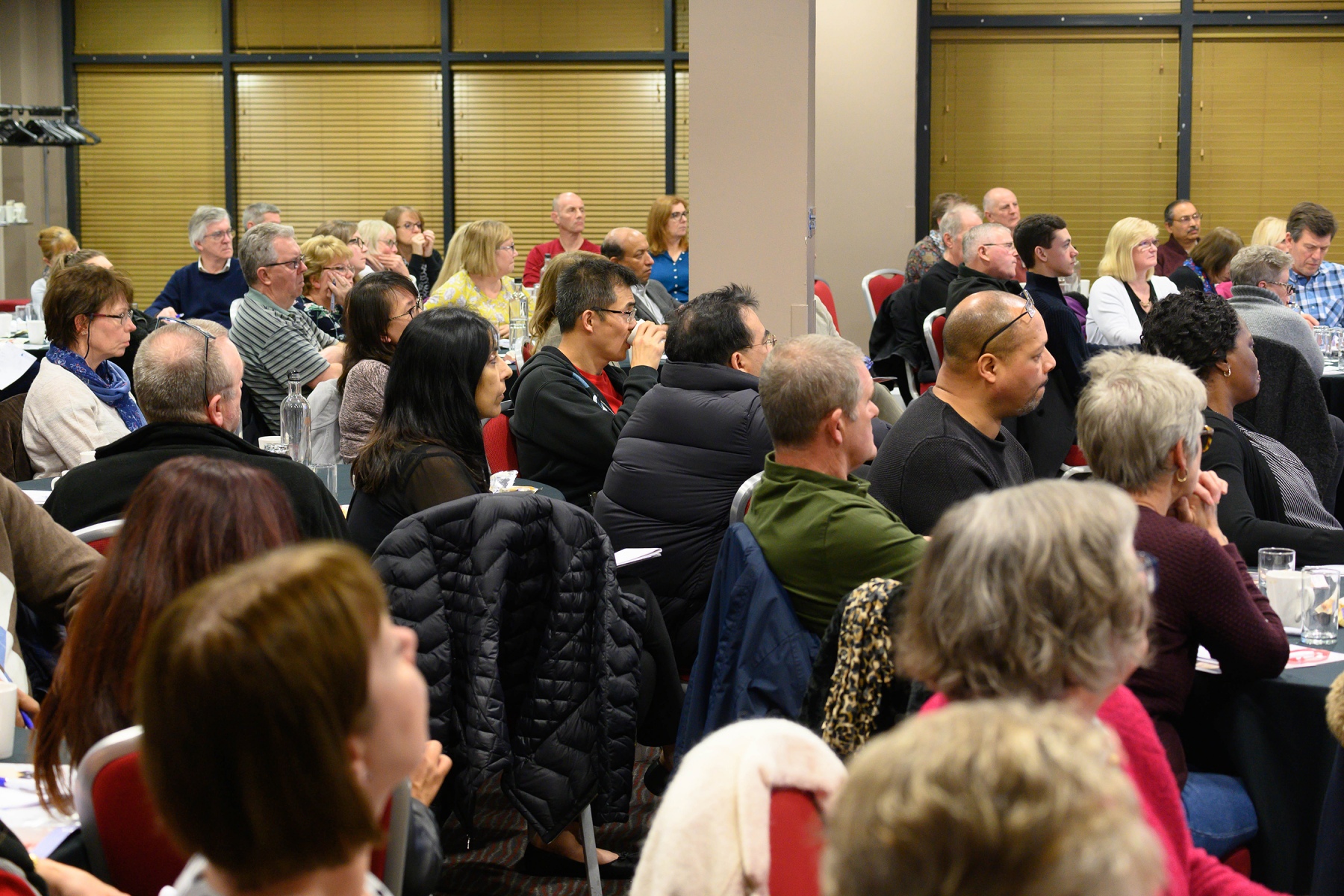Free estate planning seminar
“Leave Your Family a Bigger Slice”
A free, 2-hour seminar in Telford, focused on protecting your Estate and Legacy. Learn how to make the best financial decisions for you and your loved ones to get total peace of mind.
Date and Times: Tuesday 21st May at 10am, 2pm, or 7pm
Venue: Mercure Telford Centre Hotel, Centre, Forge Gate, Overdale, Telford, TF3 4NA

You Will Learn How To:
- Save Inheritance Tax
- Protect your property from care home fees
- Make sure the right people inherit your estate
- Avoid common Will problems
- Set up Lasting Powers of Attorney
Book Your Free Place Now
You will also enjoy complimentary refreshments, free parking, and a Q&A following the event. We advise securing your ticket ASAP, as numbers are limited and allocated first come, first served.
Date and Times: Tuesday 21st May at 10am, 2pm, or 7pm
Venue: Mercure Telford Centre Hotel, Centre, Forge Gate, Overdale, Telford, TF3 4NA

Who Should Attend?
This seminar will be particularly useful if you:
- Have a loved one who may need care
- Wish to safeguard your wealth for your family
- Are leaving or receiving an inheritance
- Would like to reduce your taxes ethically
Book Your Free Place Now
Can’t attend this seminar? We also offer free, no-obligation appointments either at our Shrewsbury office, or in the comfort of your home. You can also join our mailing list to hear about future events.
Date and Times: Tuesday 21st May at 10am, 2pm, or 7pm
Venue: Mercure Telford Centre Hotel, Centre, Forge Gate, Overdale, Telford, TF3 4NA


Your Speaker
Graham Loosley
Graham qualified at Ernst & Young, is a partner at Mercian Accountants, and has over 30 years’ experience in tax planning. He has presented seminars all over the country and is passionate about presenting complex financial matters in a calm and understandable manner.
Testimonials
Find out what others have had to say about our free estate planning seminars:
Gordon, Christchurch
“I didn’t realise families were taxed so much…I thought my money was my money, but it’s not anymore.”
Vikki, Shrewsbury
“I really need to look at it for me, even though I thought I was far too young. I need to do it now, I need to do it early.”
Gillian, Brockenhurst
“It reminded me of all the things I really must do, that we all think about but don’t actually get on to do.”

Book Your Free Place Now

About Clarke & Wright
At Clarke & Wright, we have over 50 years’ experience in later life planning, and work with top Solicitors, Accountants, and IFAs. Offering a wide range of tailored services to protect your estate – from Wills and Probate to Lasting Powers and Trusts – we’ll help you plan for any eventuality to ensure your final wishes are carried out, giving you and your loved ones peace of mind. Get in touch with our friendly team today.
